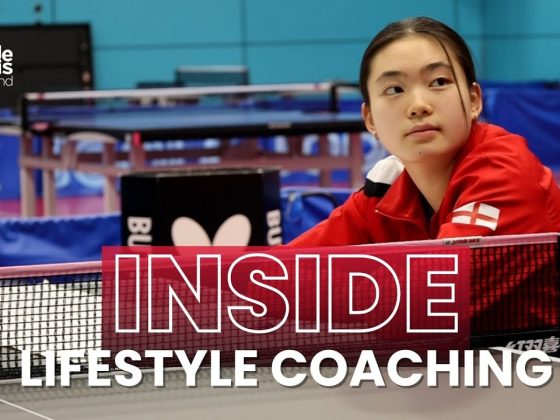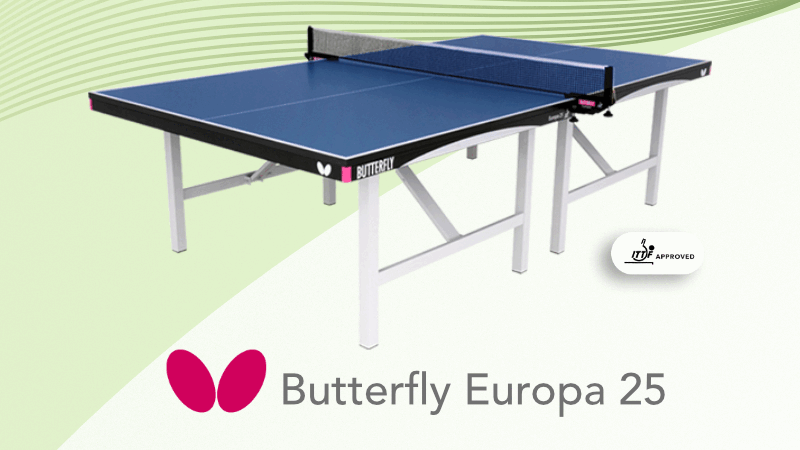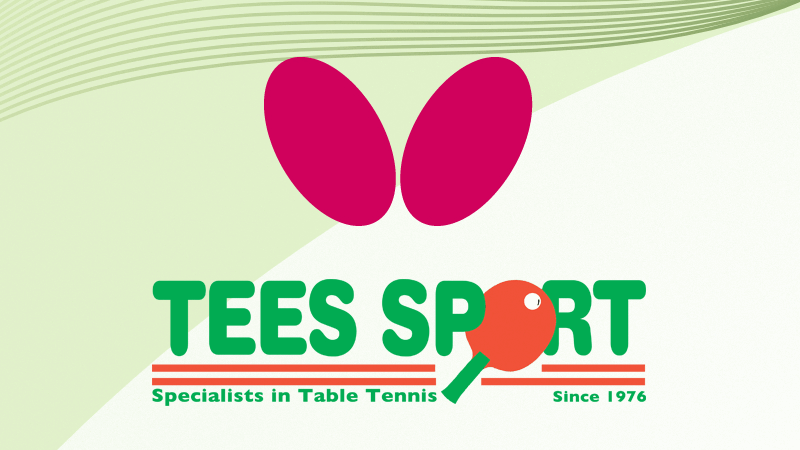Young athletes on the performance pathway are getting expert help with lifestyle management.
Performance and lifestyle coach James Hooper has started work with GB athletes at the Elite Performance Centre in Sheffield.
Alongside other sports science professionals, he will help the youngsters manage their mental health and wellbeing, personal development and transitions between different stages of the performance pathway and education.
James, a sports psychology graduate, has worked in elite sport for eight years – predominately with GB Boxing, who are also based in Sheffield, as well as British Para Table Tennis.
He recently led a first session with members of the GB performance pathway, encouraging them to think about the important steps they had already made on their table tennis journeys and the sacrifices they have made along the way.
James said: “The main areas I’ll be focusing on with the players are transitions, education, person development and mental health and wellbeing.
“Before we look forward, I’d quite like them to look back and reflect on what they’ve achieved to get here both in sport and outside the sport, so they’re able to reflect on the successes and talk about their journey. In future sessions we’ll look to plan what they want their story to be, both in sport and out of sport.
“The players between the ages of 14 and 18 will go through a lot of different transitions, both in sport and out, mainly in education. My role is to make sure they’re able to find that balance between sport and maintaining their academic performance, as we know that can underpin some really good dual career aspirations.
“In terms of the skills that they’ll develop, the more practical skills, it will be around time management, professional behaviours, which as we know can underpin performance at the highest level.”
After the first session, the athletes were already starting to think more about how lifestyle choices could help them achieve their goals. National Under-21 champion Tianer Yu, aged 17, said: “The lifestyle coach will help us to make better choices regards to balancing studies and table tennis, as well as our mental health.
“The first session made me realise that there’s a lot of choices that I’ve made, and that’s made me who I am. So, I will be more aware to continue to make sensible choices.”
Fellow Under-21 national champion Connor Green, aged 18, said: “I think it’s really good. I think it’s a good chance for all of us to get some more help from more people and I look at it from different aspects that we haven’t really looked at before – not just on the table, but everything that goes with it.
“I think a lot of the differences between the better players and the people who aren’t so good as them is what they’re thinking and what they’re doing in the preparation before they play and around the table as well – how they’re balancing their life in general. That’s what separates a lot of good players, I think.”
Coaches are also learning from the sessions and Pathway and GBTS Coach Carlo Agnello added: “I think we as table tennis coaches, we focus a lot on the technical development and on the tournaments. We always take forward the next step, the next step.
“We don’t neglect it, but I think we should pay more attention to life outside of the table tennis hall. It’s really important because an athlete that feels good would also be an athlete that performs good.”
Head of Performance Development Gavin Evans said: “The wellbeing of the athletes is incredibly important and is front and centre of what we’re all about, because if we have great wellbeing, we get great performances.
“What we’re showing is we’re serious about world-class performance, we’re serious about creating a support network around athletes so they can thrive.”





